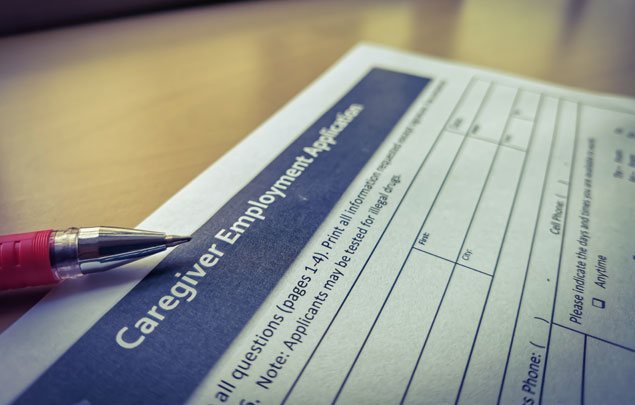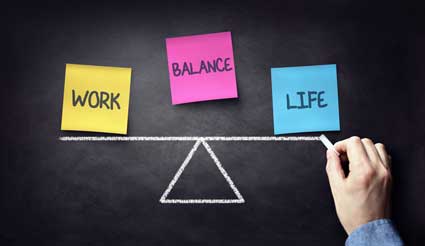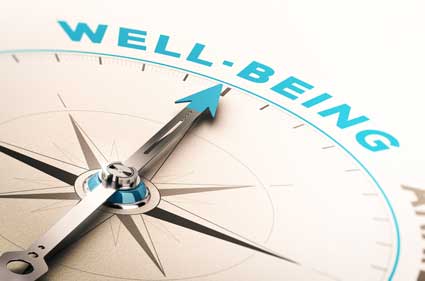One of the most liberating epiphanies the parent of a teenager can have is to understand what their child is likely to do and why. In fact, it can be very reassuring to discover that the same bad attitude that makes you livid is perfectly normal and healthy for your child. At first, that might sound scary, as though there is no reason to hope that their behavior will improve, but this is not the case. In fact, how they are behaving and the consequences of behaving that way are both crucial to your child's development. That means discipline and learning; altogether, the practical application of this knowledge is that their behavior is perfectly appropriate in terms of their development as is your response and any consequences that they must face for their bad behavior.
Overall, this can be very liberating for parents who worry that their child's behavior is extreme or feel guilty about discipline. Likewise, remembering this fact will help you to keep perspective when your child's behavior or attitude escalates, as it is simply an important milestone in their development. Obviously, not every child develops the same and your child may be exhibiting some extreme behaviors that should merit some attention. Nevertheless, it is very rare that a child will not still proceed along these same developmental milestones unless they have suffered severe developmental delays or disabilities.
When your child begins to enter the preteen and early teenage years, you should prepare yourself for certain developmental milestones. This time is an exceptionally important one in your child's development, as this is typically when puberty begins. Puberty is not a pretty time for anyone. Pubic hair, breast development, facial hair, changing voice, starting menses, and so on takes a tremendous toll on your teenager both physically and mentally. Physically speaking, your son, or daughter is going through a tremendous phase of physical development. Consequently, their bodies have to adjust to these new efforts and changes. Increased appetite, afternoon naps, and longer sleep at night are all common experiences that are simply the body's way of adapting.
All of these physical changes generate heightened emotions and an increased awareness of social considerations. Chances are excellent that your teen will likely compare their body's development with the development of their friends or other peers. Height, weight, bra size, penis size, and more will be calculated and compared along with skin blemishes, hair length, health, and more. It is perfectly normal and healthy for your child to become very aware of their physical looks and to judge their own attractiveness.
As a parent, you can help offset the pressure they put on themselves to look attractive by complimenting their other accomplishments and pointing out unique physical features. While discussing health with your child is extremely important, it is also extremely important that you do not hinder their self esteem development. Adolescence is a very tricky time and your child will be hyperaware of any physical flaws that they may have; your job as a parent is to help promote their emotional and psychological well being, not become part of the problem.
The psychological development of teenagers rivals the physical development in scope and size. This young man or young woman that seemed like a child just yesterday has suddenly become a very intense ball of emotion. Boys in our society are less likely to be open about their psychological problems or their emotions unless they become angry. Teenage girls, alternatively, tend to reveal a wider gamut of emotions from rage to depression, to insecurity, and so on. The reality is that both young men and women experience all of these emotions, but society has taught them to show their emotions in different ways based on their gender. It is critical that you remember that whether or not you see your child experiencing a wide range of emotions, they are struggling even if you cannot see it. Thus, be gentle, forgiving, and equip your child with the tools that they need to express their emotions. If your child struggles with anger, allow them a physical outlet where they can release that aggression such as the football field or even just a wiffle bat and their bed. Alternatively, create a safe emotional place for your child, whether male or female, to cry or vent other emotions.
The impact of the famous "raging hormones" should not be underestimated. Both young men and young women are experiencing tremendous changes in their hormones during this time and their behavior will show it just as much as their body does. Both boys and girls are likely to alternate between feelings of confidence (or even arrogance) and crippling self doubt, all of which can sometimes be humorous for adults but are very real for these teens. It is very common for young women to experience heightened premenstrual symptoms including emotional upset. If you suspect that she may be overreacting to something because of her impending period, do not say so. Although you may be correct, it does not change that she is experiencing her feelings at the heightened level; knowing the cause does not decrease the intensity of the emotion.
Never underestimate the role that you can play in helping your child become satisfied with their designated social level. Too often parents focus on helping their child ascend the social ladder when in fact, many children are more psychologically and emotionally healthy when they are not at the top. Moreover, your efforts to help your child change their level of acceptance may do more harm than good to their social standing and will teach your child that what other people think is more important than being who they are. When your child is young, it is natural and healthy for their development for you to be highly protective. As they move into adulthood, this is the time for them to learn that unfortunately the world is not always fair. More importantly, this is the time to teach them that it does not matter what the world says. Rather than focusing on popularity and other peoples' responses, it is best for your child's psychological development to encourage them to define themselves during this time and to accept the consequences of their identity and integrity.
While your teenager may be able to make some decisions as though they are an adult, it is very important for you to remember that they are not one. Use this knowledge to help guide them and support them rather than simply discrediting their opinions. Help them consider all of the options and all of the consequences that may exist for any given situation; in doing this, you are helping them learn how to make adult decisions, even though they may lack some level of natural ability to do so. The fact that their brains are quite literally not fully developed often leads to outbursts, poor decision making, a lack of planning, and so on. When all else fails, comfort yourself with the knowledge that your teenage son or daughter has not finished growing, both physically and psychologically. While this may cause you a lot of sleepless nights, it should also act as a beacon of hope because someday, after their teen years are well behind them, their brain will fully develop and they will be physiologically capable of becoming the person you have always waited for them to be.






























